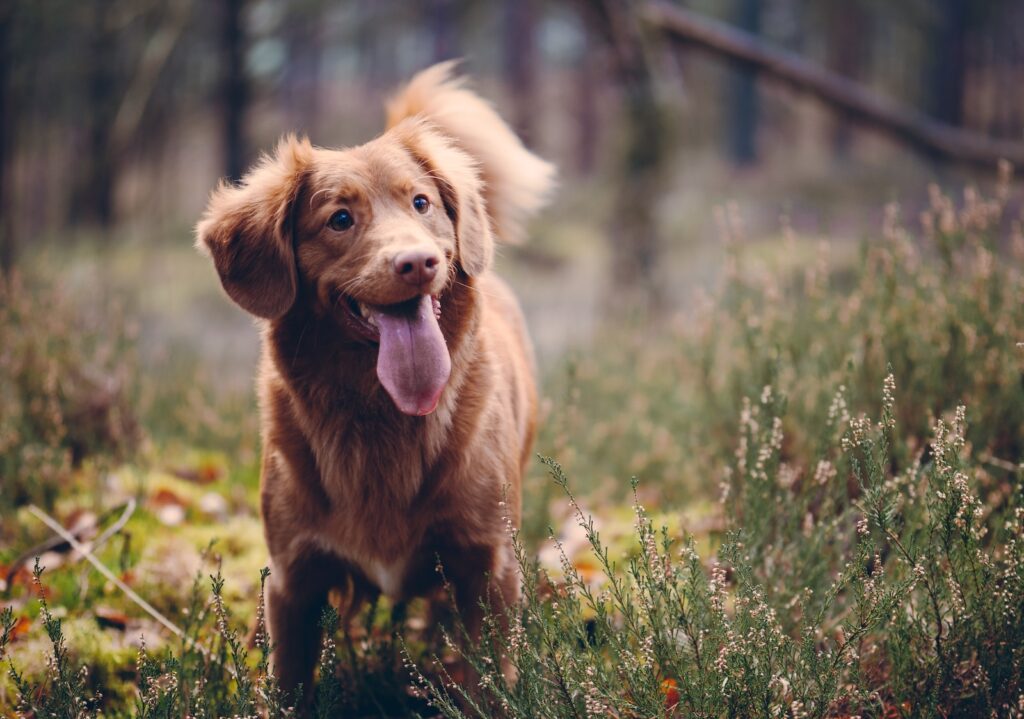Can Dogs Eat Gum? — No, They can’t
Gum is not safe for dogs to consume. While humans enjoy chewing gum as a tasty treat and for fresh breath, it poses significant risks to our furry friends. Dogs should never be allowed to eat gum, and pet owners must be aware of the potential dangers.
Can Puppies Eat Gum?
The answer remains the same for puppies as well — No. Puppies are at an even higher risk when it comes to consuming gum. Their smaller bodies and developing systems make them more vulnerable to the harmful effects of gum consumption.
Why is Gum Harmful for Dogs?
Gum contains a variety of ingredients that are toxic to canines. These ingredients can lead to severe health problems and even be life-threatening for dogs. Here are some of the primary dangers associated with dogs consuming gum:
Choking Hazard
Gum is sticky and can easily get stuck in a dog’s throat, leading to choking. It can obstruct their airway and cause breathing difficulties.
Potential Intestinal Blockage
When a dog ingests gum, it can create a sticky mass in their digestive system, potentially resulting in a blockage. This can require surgical intervention and be extremely dangerous for the dog’s health.
Xylitol Poisoning
Xylitol is a common sweetener found in many gum brands. While harmless to humans, it is highly toxic to dogs. Xylitol consumption can cause a rapid release of insulin, leading to a dangerous drop in blood sugar levels, liver failure, and even death.
Symptoms to Watch Out For After Dogs Consume Gum
- Difficulty Breathing: If your dog is having trouble breathing, it may indicate gum obstruction in their airway.
- Lethargy and Weakness: Dogs that have ingested gum may show signs of lethargy and weakness due to low blood sugar resulting from xylitol poisoning.
- Vomiting and Diarrhea: Gum ingestion can cause gastrointestinal distress, leading to vomiting and diarrhea.
Immediate Steps to Take if Your Dog Eats Gum
- Stay Calm: It’s essential to stay calm and assess the situation.
- Remove Gum if Possible: If you can safely remove the gum from your dog’s mouth without causing any harm, do so.
- Contact Your Veterinarian: It is crucial to contact your vet immediately for guidance, especially if the gum contained xylitol.
- Do Not Induce Vomiting: Avoid inducing vomiting without professional advice, as it may exacerbate certain situations.
Safe Alternatives to Gum
While gum is dangerous for dogs, there are safe alternatives that they can enjoy. Consider offering your dog these safer food options instead:
- Carrots: Carrots are a crunchy and healthy snack for dogs, providing them with essential vitamins and promoting good dental health.
- Apples: Apples are a delicious and nutritious treat for dogs, packed with fiber and important antioxidants.
- Peanut Butter: Natural and unsweetened peanut butter can be a tasty and safe alternative for dogs, but remember to check the ingredients to ensure it does not contain xylitol.
Conclusion
In conclusion, gum poses significant risks to dogs, including choking hazards, potential intestinal blockage, and the dangers of xylitol poisoning. It is crucial for pet owners to be vigilant and prevent their dogs from accessing gum. Additionally, by providing safe alternatives like carrots, apples, and peanut butter, we can ensure that our furry friends enjoy tasty treats without compromising their health.
Frequently Asked Questions
Can dogs chew sugar-free gum?
No, sugar-free gum often contains xylitol, which is extremely toxic to dogs. It is essential to keep all types of gum away from them.
What if my dog accidentally swallowed gum?
If your dog accidentally swallows gum, contact your veterinarian immediately. They will provide guidance based on your dog’s specific situation.
Can small amounts of gum harm dogs?
Yes, even small amounts of gum can pose a significant risk to dogs due to the potential for choking, blockage, and xylitol poisoning.
Is it safe for dogs to chew gum made specifically for pets?
While there are gums available specifically for pets, it is always best to consult with your veterinarian before introducing any new products into your dog’s diet.






